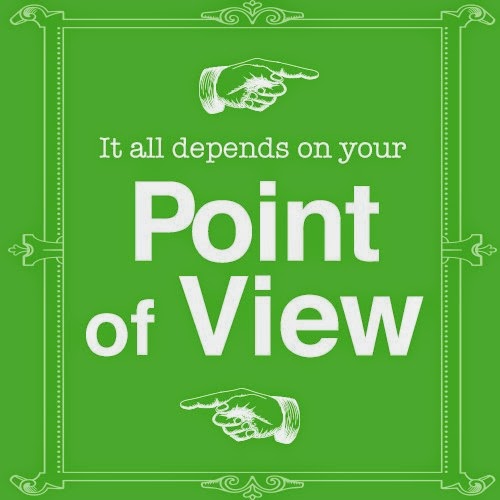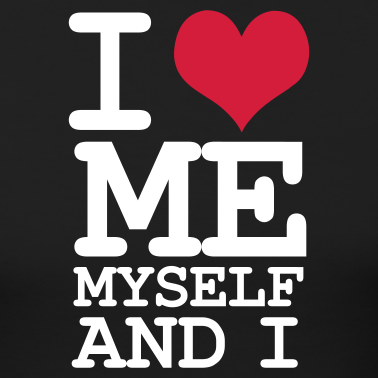Today's Weekend Review is featuring Elizabeth Loraine and her first Royal Blood Chronicles book, Katrina: The Beginning.
 I grew up in a small, Northern Minnesotan town, married my high school sweetheart, had two beautiful children, and as soon as we could we moved to a warmer climate. I have worked with my husband building and decorating custom homes for years.
I grew up in a small, Northern Minnesotan town, married my high school sweetheart, had two beautiful children, and as soon as we could we moved to a warmer climate. I have worked with my husband building and decorating custom homes for years.
After loving every kind of vampire book, movie and series since I was a child, I decided that I wanted to know more. I can write a book I thought, how hard can that be? Well....it wasn't as easy as I thought, but I stuck to it, and finished my first book Royal Blood Chronicles Book One in August 2009. I now have ten books in the series and am about to release book three of my new series Phantom Lives.
 I will start off by saying that this book has a great premise and theme. The potential for The Royal Blood Chronicles to be the next great YA series is all there.
I will start off by saying that this book has a great premise and theme. The potential for The Royal Blood Chronicles to be the next great YA series is all there.
First, a little about Elizabeth:
 I grew up in a small, Northern Minnesotan town, married my high school sweetheart, had two beautiful children, and as soon as we could we moved to a warmer climate. I have worked with my husband building and decorating custom homes for years.
I grew up in a small, Northern Minnesotan town, married my high school sweetheart, had two beautiful children, and as soon as we could we moved to a warmer climate. I have worked with my husband building and decorating custom homes for years. After loving every kind of vampire book, movie and series since I was a child, I decided that I wanted to know more. I can write a book I thought, how hard can that be? Well....it wasn't as easy as I thought, but I stuck to it, and finished my first book Royal Blood Chronicles Book One in August 2009. I now have ten books in the series and am about to release book three of my new series Phantom Lives.
I want to reach all audiences, and let my stories be told. I love to give you characters you can relate to and multi-leveled plots, but also a simple, sweet, romance you can relax into.
When not world building, I love to cook and work in my garden. Gardening and cooking always lead to new book ideas. I guess it’s because both are so relaxing to me.
A little more with Elizabeth:
What inspired you to write your first book?
I really just could not find something I wanted to read. Everything in the YA aisle was a copy of things already out there, same theme, kids with powers in high school. I wanted to know more. Where had they been, what had they seen and been involved with throughout history? If I couldn’t find it, I was determined to write it, and Royal Blood Chronicles was born. Now ten in the series.
What do you think is more important: Characters or Plot?
Oh I love a good plot, but a great plot is nothing if the reader doesn’t care what happens to the characters and can’t relate to them.
What book do you wish you had written?
I wish Lord of the Rings was mine. I love those epic fantasy stories.
If you could cast your main character(s) in a Hollywood adaption of your book, who would land the rolls?
I think I’d like someone new to play the lead roles.
Do you write an outline before you write a book?
No, I never outline. I start with a simple idea and the lead character and start to write.
What do you like to do when you aren't writing?
I love to cook, garden, and travel. Spending time with family is always top of my list.
What is a talent you have that no one knows?
Few know that I play the flute.
What is one tip you'd give to up & coming authors?
Write, everyday. Even if it’s just a few lines. Ask questions, other writers welcome them, at least I do. This isn’t easy and when I started I didn’t have anyone to ask. Now there are plenty of groups to join and authors to ask about writing, publishing and everything else.
If you could spend the day with one person, alive or dead, who would it be and why?
My dad. I miss him so much.
What's next for you?
Always writing. New stories, new genres. It’s not what I do, it’s who I am. I have to tell my stories.
Available books:
The Royal Blood Chronicles:
Katrina: The Beginning
The Protectors
The Dark Prince
Cain the Quest
Bloodline
Legacy
Redemption
Destiny and Sabine
Quinn, a Watchers Story
Marcella – Vampire Mage
Julius – the Coven
Phantom Lives
Collier
Power
Shifter Chronicle
Green River
Adult Romance Novels
Corporate Ties
Western Escape
Pathogen Series
Pathogen
Mutations
Factions.
Here's some ways you can find out more about Elizabeth and her books!
And now, my review for Katrina: The Beginning
 I will start off by saying that this book has a great premise and theme. The potential for The Royal Blood Chronicles to be the next great YA series is all there.
I will start off by saying that this book has a great premise and theme. The potential for The Royal Blood Chronicles to be the next great YA series is all there.
The cover is absolutely gorgeous. Great use of color and contrast. I know we aren't supposed to judge a book by its cover but the cover made me want to read what was behind it.
But unfortunately that's where the positives start to end.
For a YA novel, there are a few too many sexual references, insinuations, content. This may just be me, but when I see YA, I see ages 12-18 unless otherwise noted by the author. If there's mature content, I want to see that in the description or have it classified as New Adult. My 11-year-old likes to read YA so if it's classified that way, I expect it to be 'clean'. If it has more mature content, I want to see in the blurb or description that it's recommended for 16+. But that could only be my over protective 'mommy senses' kicking in.
The dialogue both internal and verbal caters strictly to teenagers.
For being historically based, the continuity is all over the place. It was impossible to gauge what time period this book takes place when there are references as far back as the 1400's and as modern as the 2000's. The language, social norms, world events, speech, etc were simply all over the place.
The author did a great job giving vampire genre lovers a new take on the legend, but fails to explain further than just notifying the reader of how it is before very quickly moving on.
I noticed quite a few issues with eBook formatting, grammar, punctuation, dialogue, and strange POV switches, and this book is a second edition.
The pacing dragged so slow in places that I was tempted to give up reading all together, and so fast in others that I had to turn back a few pages to be sure I didn't miss anything.
That's a lot of problems for a second edition, first-out-a large-series, book. There is SO much potential here and I feel like the author has a great idea going, but either hurried through writing it and the subsequent novels in the series, or lacked any professional editing or proof reading before publishing.
I give Katrina: The Beginning 2.5 out of 5 stars. With corrections, it has the potential to be a 5 star book.
I received this book in exchange for an honest review.











